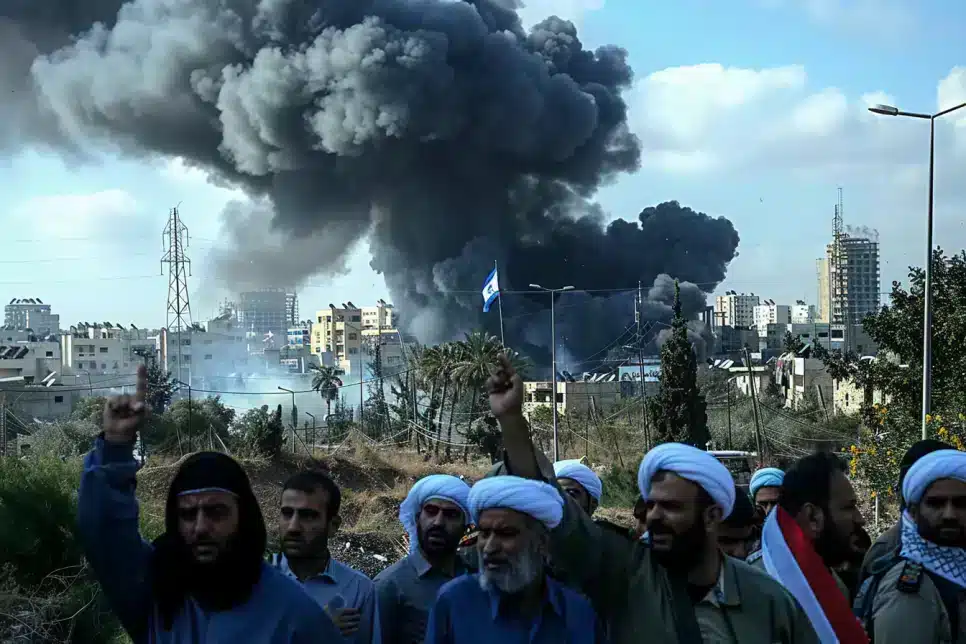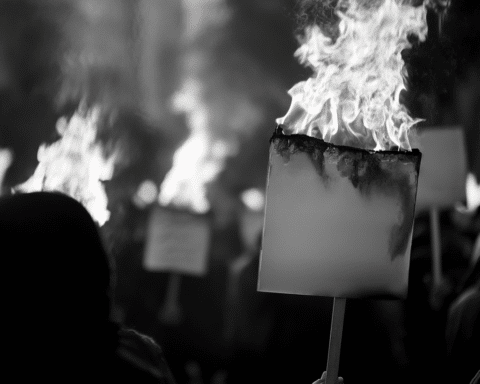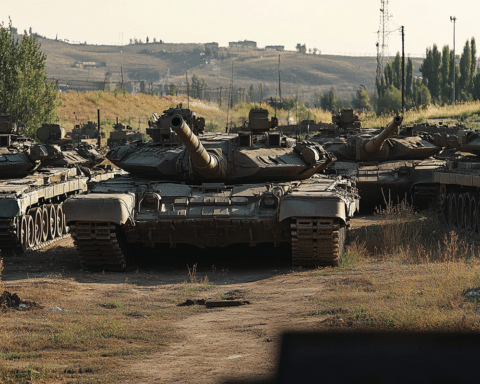In a significant escalation of Middle Eastern tensions, Israel’s military has confirmed its intention to respond after Iran’s unprecedented direct attack, which involved hundreds of drones and missiles. The attack on Saturday, a first in a direct military confrontation between the two nations, has alarmed global leaders, prompting urgent calls for restraint to prevent further violence.
The attack by Iran follows a period of heightened animosity, with a recent suspected Israeli airstrike in Syria killing two Iranian generals. As the international community watches anxiously, reactions have varied. British Prime Minister Rishi Sunak emphasized the need for restraint, stating, “all sides must show restraint” to avert a worsening spiral of violence. Similarly, French President Emmanuel Macron intended to mediate, hoping to convince Israel that escalating the conflict is not the solution.
Despite the severe potential ramifications of retaliation, Israel’s military spokesperson highlighted the efficiency of their defense systems, noting that 99% of the Iranian projectiles were intercepted. Meanwhile, the broader geopolitical implications are evident as U.S. forces, including Air Force jets and Navy ships, engaged actively to neutralize the threat posed by Iran’s arsenal.
As casualties and destruction mount, particularly in Gaza, where the conflict has resulted in thousands of deaths, the stakes for both regional and global stability are incredibly high. The United Nations Security Council and various national leaders continue to stress the importance of de-escalation and diplomatic resolution, hoping to stave off a broader conflict.
The situation remains fluid and fraught with danger as Israel contemplates its next move. The world watches and waits, hoping that diplomatic efforts will prevail over the momentum of war. The unfolding events serve as a grim reminder of the fragile state of regional peace and the devastating human cost of prolonged conflict.




